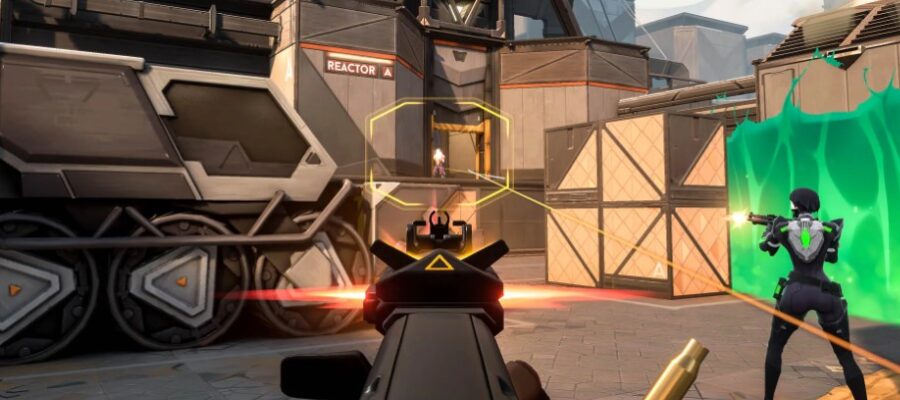In the competitive world of Valorant, gamesense is a crucial aspect that separates skilled players from the rest. But what exactly is gamesense, and how can you develop it to enhance your gameplay? In this post, we’ll dive into the concept of gamesense in Valorant and provide valuable insights from the community to help you improve.
What is Gamesense in Valorant?
Gamesense refers to a player’s ability to understand and adapt to various situations within the game. It encompasses a range of skills, such as predicting enemy movements, anticipating their strategies, and making quick decisions based on the information available. Unlike other games like Overwatch, where gamesense involves tracking enemy ultimates and abilities, Valorant presents a different set of challenges.
In Valorant, gamesense is more nuanced and requires a keen eye for detail. Things like noting enemy rotation tendencies, positioning, util usage, and gun skill can all fall under game sense. While Valorant may not be as information-dense as Overwatch, it allows players to parse information more deliberately and identify patterns in enemy behavior.
Developing Gamesense through Experience
One of the most effective ways to develop gamesense in Valorant is through experience. You will only learn game sense and tendencies by playing the game more. The more you play, the more familiar you become with the maps, agents, and common strategies employed by players at different skill levels.
However, simply playing the game is not enough. To truly develop your gamesense, you need to actively observe and analyze your surroundings. Pay attention to how your enemies position themselves, how they use their abilities, and how they react to different situations. By studying these patterns, you can start to anticipate their moves and make more informed decisions.
Understanding Situational Context

Gamesense in Valorant goes beyond just knowing where enemies could be at any given time. Slightly more advanced would be understanding how enemies would play based off of their utility and ults. This means being able to predict enemy actions based on the context of the situation.
For example, if the enemy team has planted the spike and you know they have a Sova or Brimstone ultimate available, you can expect them to use those abilities to defend the spike. In such a scenario, quickly tapping the spike to bait out those ultimates can be a smart play. Recognizing these situational cues and adapting your strategy accordingly is a key aspect of gamesense.
Learning from Better Players and Coaches
While experience is crucial, learning from better players and coaches can accelerate your gamesense development. Gamesense is usually learned just by playing a lot, watching better players, or getting coached. By observing high-level gameplay, you can gain valuable insights into how top players think and make decisions.
Watching professional matches, streams, and educational content created by experienced players can expose you to advanced strategies and decision-making processes. Additionally, seeking guidance from a coach or a more skilled player can provide personalized feedback and help you identify areas for improvement in your gamesense. We can recommend players to reach for Valorant Boosting if they need help to getting better.
In final words:

Gamesense in Valorant is a multifaceted skill that revolves around understanding and adapting to various in-game situations. It involves predicting enemy movements, anticipating their strategies, and making quick decisions based on the available information. To develop your gamesense, focus on gaining experience, actively observing and analyzing gameplay, recognizing situational context, and learning from better players and coaches.
Remember, gamesense is not something that can be mastered overnight. It requires consistent practice, dedication, and a willingness to learn from your mistakes. By continuously working on your gamesense, you’ll be able to elevate your Valorant gameplay and

